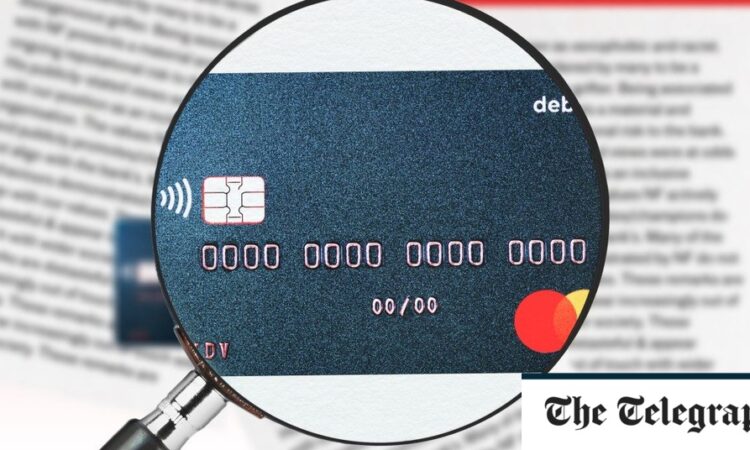
Benefits claimants will have their bank accounts checked every month to make sure they are not lying about their savings under plans for a new post-Covid fraud crackdown.
The law change is set to be unveiled in the Autumn Statement, with government estimates indicating it could save the taxpayer £500 million in the first five years.
The drive marks the Government’s latest attempt to bring down the number of people on out-of-work benefits, which has ballooned to 5.4 million since the pandemic.
Under the current rules, the Department for Work and Pensions (DWP) has to individually request details of a benefit claimant’s bank account if they suspect fraud is being committed.
But under the new system, banks will be required to run monthly or even weekly data checks to spot red flags that suggest “risk” of fraud and hand the information over to officials.
People are not allowed to claim Universal Credit if they have more than £16,000 in savings, so a claimant’s bank account that suggests otherwise could trigger a red flag.
An account that regularly transfers money overseas could also suggest fraud.
‘Rooting out fraud’
Mel Stride, the Work and Pensions Secretary, has made “rooting out fraud” in the benefits system one of his priorities since he took up the role last autumn.
A government source said: “Every pound stolen by fraudsters could be spent on our public services or on those most in need.
“Mel sees it as profoundly wrong that benefit cheats aren’t playing by the rules and is determined to bring fairness for the taxpayer.”
The current system is believed to be too ad hoc, with the department having to go to banks with their suspicions of wrongdoing before checks can be made.
The new approach being proposed puts the onus on banks and other financial institutions to scan relevant data and pass on red flags to officials.
It comes as Tuesday’s King’s Speech will reveal which pieces of legislation Rishi Sunak has decided to prioritise in the final parliament before the next general election, which must take place by January 2025.
A new law mandating yearly oil and gas licensing, tougher rules on tents being used by the homeless and moves to stop “rip-off” airline fees are expected to feature.
Gearing up for the Autumn Statement
But already the Treasury is working up plans for the Autumn Statement on Nov 22, which will be potentially the penultimate major fiscal statement before the general election.
Jeremy Hunt, the Chancellor, is facing fresh calls for tax cuts after a Resolution Foundation analysis that suggests the Treasury has twice as much money in “fiscal headroom” to use than expected.
Welfare reform is expected to feature heavily in the Autumn Statement, with widespread alarm in the Government at soaring out-of-work benefit claims in recent years.
Ministers are working on tightening criteria of work capability assessments and for a different approach to issuing sick notes, with people being signed off work ill also markedly up since Covid.
This autumn, the number of people claiming out-of-work benefits hit 5.4 million. It was pushed up during the pandemic and nationwide lockdowns but is yet to markedly drop down since restrictions have eased.
The amount people on Universal Credit receive each month varies depending on personal circumstances. A single person under 25 gets £292, but people with children can get more than double that.





